Moringa Is Being Hailed as a Superfood
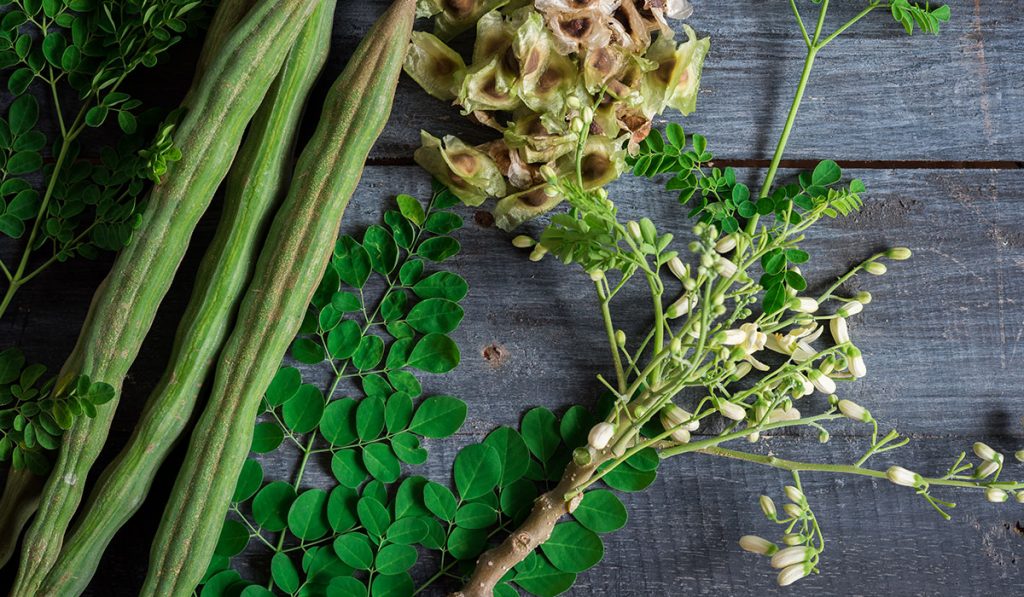
Moringa oleifera is a fast-growing tree native to South Asia and now found throughout the tropics. Its leaves have been used as part of traditional medicine for centuries, and the Ayurvedic system of medicine associates it with the cure or prevention of about 300 diseases.1
Moringa, sometimes described as the “miracle tree,” “drumstick tree,” or “horseradish tree,” has small, rounded leaves that are packed with an incredible amount of nutrition: protein, calcium, beta carotene, vitamin C, potassium… you name it, moringa’s got it. No wonder it’s been used medicinally (and as a food source) for at least 4,000 years.2
This happens to your body when you eat three dates per day.
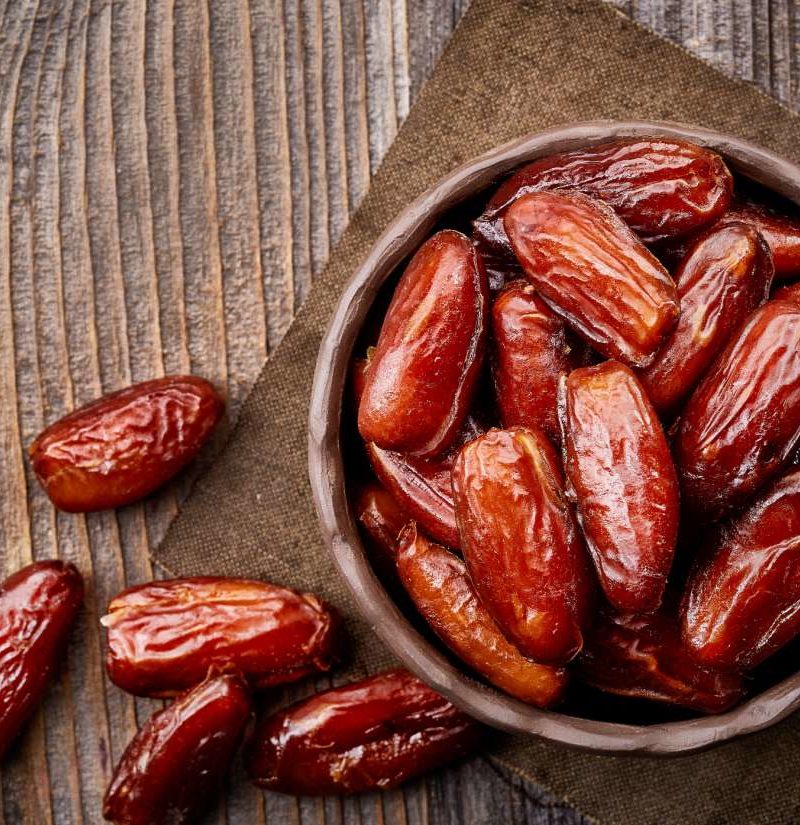
The fruit of the date palm has played an important role in the human diet since the earliest days of civilization. Archeological evidence shows they were cultivated by early inhabitants of the Indus valley from 7000 BC as well as the Sumerians and Egyptians from 5500 BC. Dates are not only one of the sweetest natural substances, they are also packed with nutrients and fiber, thus delivering numerous health benefits. Here are seven reasons to make a lunch (breakfast, dinner, etc.) date with dates!
1. Circulation and heart health
Dates are a good source of antioxidants which helps remove “bad” cholesterol from fat-laden arterial cells, preventing atherosclerosis, a condition brought on by fatty plaque and white blood cells accumulating on arterial walls and hindering the flow of blood. This increases the risk of strokes and heart attacks. Eating three dates a day can help keep your arteries clear.
About Coffee

COFFEE : Its so good for you ! You are better off drinking one or two cups a day than not drinking it “The bottom line on coffee for those who enjoy the brew, is that it is a wonderful beverage with much to recommend it from an overall standpoint”, concluded the study author.
It limits the chances of Liver Cancer and also Alzheimers disease amongst other positive effects . To find out more about the major benefits of drinking coffee go to our health tips page
If you’ve been wondering what all that coffee is doing to you, cheer up. A recent review of data completed at Gill Heart Institute in Kentucky focused on the cardiovascular, genetic, antioxidant and caffeine effects of coffee and found that drinking the brew reduces the risk of mortality right across the board. They also documented that coffee:
17 Cancer Facts You Need to Know Right Now

Cancer is a leading cause of death worldwide, accounting for nearly 10 million deaths in 2020, or nearly one in six deaths. The most common cancers are breast, lung, colon and rectum and prostate cancers. Around one-third of deaths from cancer are due to tobacco use, high body mass index, alcohol consumption, low fruit and vegetable intake, and lack of physical activity. Cancer-causing infections, such as human papillomavirus (HPV) and hepatitis, are responsible for approximately 30% of cancer cases in low- and lower-middle-income countries. Many cancers can be cured if detected early and treated effectively.
New Alzheimer’s treatment fully restores memory function

New Alzheimer’s treatment fully restores memory function
Of the mice that received the treatment, 75 percent got their memory function back.
BEC CREW
18 MAR 2015
AddThis Sharing Buttons
Share to FacebookShare to TwitterShare to FlipboardShare to Copy Link
10 Functional Foods that Inhibit Tumors
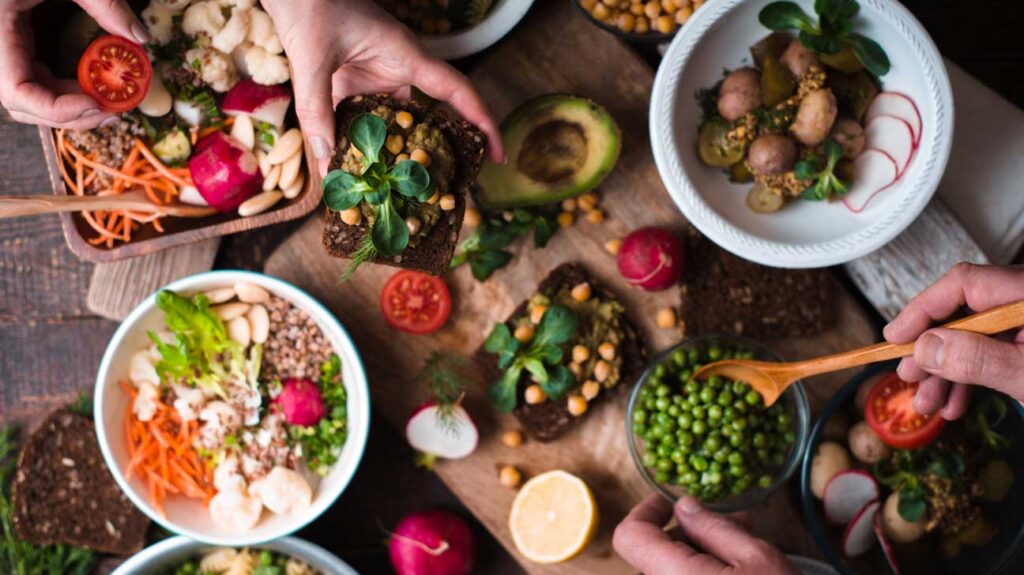
1. Turmeric
Curcumin, possibly the most powerful antioxidant known from the popular Indian spice Turmeric, has countless health benefits. A recent study led by a research team in Munich showed that it can also inhibit formation of metastases.
Curcumin exerts anti-inflammatory and anti-oxidative effects by inhibiting tumor necrosis factor-alpha (TNF-alpha), suggesting that its effect on endothelial function may be mediated by the suppression of inflammation and/or oxidative stress via down-regulation of TNF-alpha.
The ‘Brain’ Within Your Heart
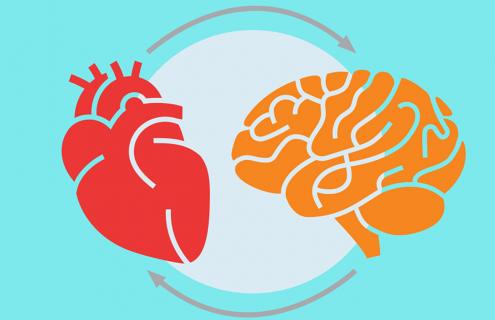
The ‘Brain’ Within Your Heart
David Paterson, Ph.D. a professor at Oxford University, straddles the two areas of the brain and the heart. His work shows that your brain is not the sole source of your emotions, but indeed, your heart and brain work together in producing emotions.
Your heart actually contains neurons, similar to those in your brain, and your heart and brain are closely connected, creating a symbiotic emotional whole.
“When your heart receives signals from the brain via the sympathetic nerves, it pumps faster. And when it receives signals through the parasympathetic nerves, it slows down. “
Why You Should Think Twice About Letting Your Dog Lick Your Face!

If you’re like many pet owners, on some level you thoroughly enjoy your dog’s sloppy kiss or your cat’s sandpaper smooch. But there’s also that little nagging voice in the back of your head reminding you that your pet’s tongue could be depositing a virtual germ farm on your face.
So is it really an unhealthy practice to let your pet lick your face?
Your pet’s mouth and digestive tract can harbor certain bacteria and parasites that can be transmitted to you and theoretically cause illness. These are known as zoonoses — diseases that can be transmitted back and forth between humans and animals.
The Toxic Truth About Tattoos

The tattoo trend started 20 years ago in America and Europe, and it has become a worldwide obsession. Thankfully, I’ve never gotten a tattoo and after reading this study I am happy I never did. If you are thinking about getting a tattoo, you may not even be aware that there are many health dangers to receiving a tattoo
- Tattoo inks contain a myriad of heavy metals. Red tattoo inks often contain mercury, and tattoos pierce the skin leaving the ink permanently embedded. FDA has not approved any tattoo pigments for injection into the skin. Tattoo parlors are regulated by the state and city, but the U.S. Food and Drug Administration (FDA) does not require manufacturers to release their ink’s ingredients; doing so could supposedly give away trade secrets. The lack of regulation is slightly unnerving considering that 36 percent of people ages 18-25 have tattoos, as do 40 percent of those 26-40 years old. That means approximately 45 million Americans have been inked, and one-third of those did so because it makes them feel “sexy.”
Ketogenic diet is very low-carb for your health
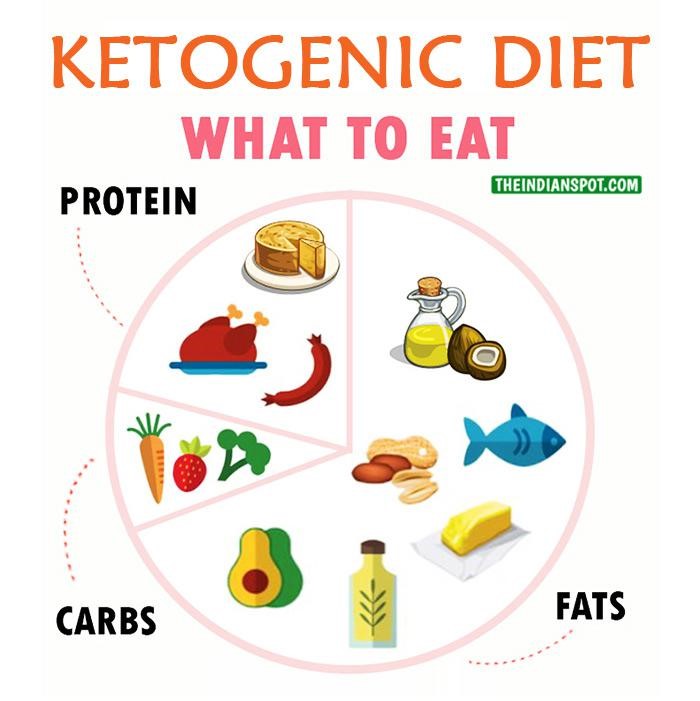
The ketogenic diet is very low-carb. The “keto” in a ketogenic diet comes from the fact that when you don’t eat carbs, your liver uses fatty acids to produces ketones. These are small molecules that healthy cells can use for fuel, but cancer cells cannot. Without the glucose it needs, cancer dies.47
If you are a person who craves carbs, following a ketogenic diet will take some willpower. You’ll need to keep your carb intake below 50 grams a day. This means staying away from sugary foods and avoiding starches such as bread, pasta, rice, and potatoes.48
Except for those rules, a ketogenic diet is flexible. There are no calorie restrictions. Simply follow these guidelines:49
Eat Freely
- Grass-fed, organic meats
- Wild-caught fish
- Pastured eggs
- Coconut, olive, and avocado oils
- Grass-fed, organic butter or ghee
- Non-starchy vegetables: leafy greens, radishes, kohlrabi, celery, asparagus, cucumber, summer squashes
- Avocado
- Raw macadamia nuts
- All herbs and spices
- Condiments: organic or homemade mayonnaise (soy-free), pesto, mustard
- Grass-fed whey protein powder
Eat Occasionally (No more than once a day)
- Full-fat, grass-fed organic dairy (plain Greek yogurt, cheese, cream, sour cream)
- Nuts: pecans, almonds, walnuts, hazelnuts, pine nuts
- Seeds: flaxseed, pumpkin seeds, sesame seeds, sunflower seeds
- Berries
- Peas
- Mushrooms
- Onions, garlic, leeks
- Cabbage, cauliflower, broccoli, Brussels sprouts, turnips, rutabaga
- Apples, pears
- Okra
- Artichokes
- Rhubarb
- Olives
- Extra-dark chocolate
- Root vegetables: carrots, beets, parsnips, sweet potatoes
- Melon
- Dry red or white wine
Avoid completely
- All grains: bread, rice, flour, cookies, crackers, pasta, etc.
- Sweets: candy, ice cream, cakes, syrup, soft drinks
- Factory-farmed meats and fish
- Potatoes
- Sweet or starchy fruits: banana, mango, pineapple, oranges, grapes
- Dried fruit
- Soy products
- Fruit juices
- Processed foods
- Artificial sweeteners
- Refined oils: sunflower, safflower, soybean, canola, corn oils
- High-carb alcohol: sweet wine, beer

